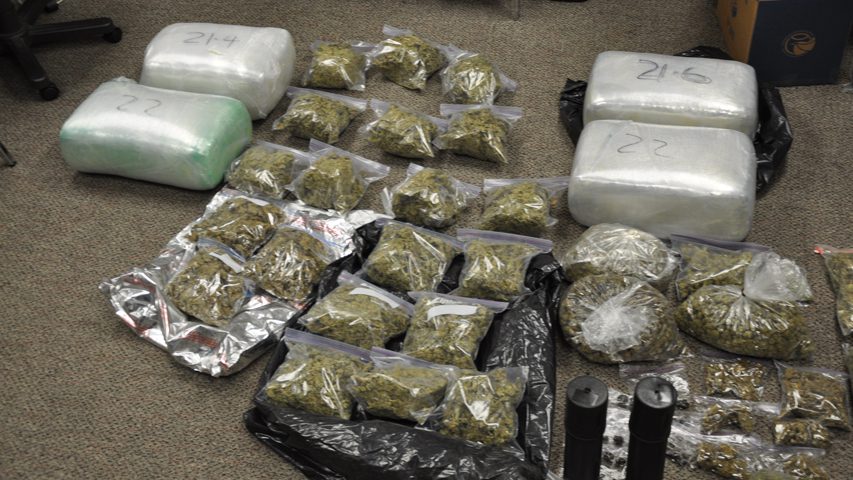The Sahel route has become a relatively important transit area for traffickers.
In the West African region, drug trafficking is gaining ground. Thus, more than 57 tons of cocaine were seized there between 2019 and 2022, according to the latest World Drug Report 2022 of the United Nations Office on Drugs and Crime (UNODC).
These seizures were recorded “in Cape Verde (16.6 tons), Senegal (4.7 tons), Benin (3.9 tons), Cote d’Ivoire (3.5 tons), Gambia (3 tons) and Guinea Bissau (2.7 tons),” said the UNODC drug monitoring platform document released on June 27 in Abidjan.
“While 90% of the cocaine seized worldwide follows maritime routes, significant seizures recorded in Niger (214kg), Burkina Faso (115kg) and Mali (33.9kg) since 2021, demonstrate that the Sahel route remains a relatively important transit area,” UNODC’s report noted.
The UN agency revealed that West and Central Africa are in the “vicious circle between drugs and conflict” and concentrate a consumption of cannabis and pharmaceutical opioids higher than the global averages.
These regions provide an environment conducive to drug production and trafficking, generating revenue for armed groups that, in turn, fuel conflict. Long considered transit zones, they are now being hit hard by the drug scourge. The majority of those treated for drug use disorders in these countries are men under the age of 35.
Regarding Cote d’Ivoire, the Minister of Interior and Security, General Vagondo Diomandé, said that the government remains committed to fighting against drug use and trafficking with the support of UNODC as demonstrated by the development of the draft law on the fight against trafficking and illegal use of narcotics and psychotropic substances.
“It is in this context that the Ivorian State has put in place a national strategy against organized crime,” said General Diomandé.
AP/ls/te/lb/abj/APA


